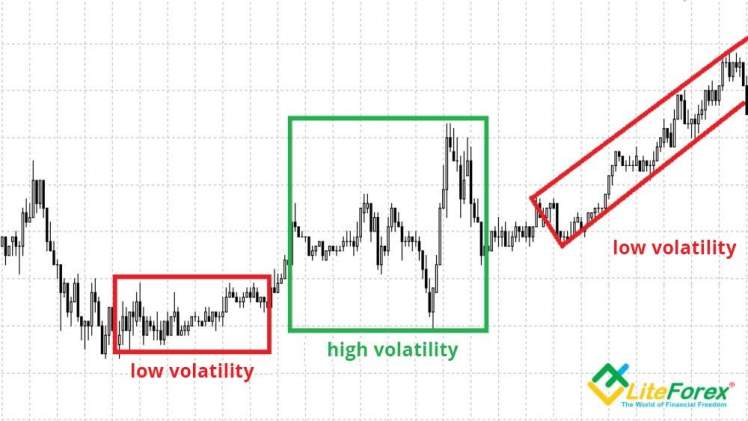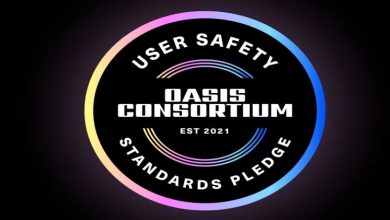Is Slippage in the Forex Market a Help or a Hindrance to Traders?

The term “slippage” originates from the world of financial trading, and it describes the deviation between the anticipated and actual prices at which a trade is conducted. This phenomenon arises when large orders are placed when there is not enough purchasing interest in an asset to maintain the predicted transaction price, or when orders are placed during times of high volatility. Visit multibank group
There are two possible outcomes associated with slippage. Orders that are filled at a better-than-expected price are said to have experienced positive slippage. When an order is executed at a worse price than anticipated, this is known as negative slippage.
Why Slippage Occurs?
If a trade order is executed without a corresponding or if a stop loss is imposed at a less favourable rate than what was established in the original order, slippage will occur. During times of, slippage happens when it is difficult to execute buy and sell orders at the agreed-upon price, maybe because of news that has a significant impact on the market. Unless a limit order is in place to prevent execution below a specified price, forex traders will typically complete trades at the next best asset price. Slippage occurs when there is a shift in the spread, as is the case here.
In financial terms, the spread is the difference between an asset’s ask and bid prices. It is possible for a trader’s market order to be filled at an unfavourable price. An elevated ask price for long bets and a lowered bid price for short trades might lead to slippage. Slippage can be avoided by stock traders under volatile market conditions by only placing market orders when essential.
Reversal of Position as an Example of Slippage
Slippage sometimes occurs when there is a sudden shift in the spread between the bid and the ask price. When this happens, a market order could get filled at a worse or better price than the trader had anticipated. Any time the ask rises in a long trade or the bid falls in a short trade, the slippage is negative. The ask has fallen in a long trade with positive slippage, while the bid has risen in a short trade. As a countermeasure against slippage, forex market players can use limit orders instead of market orders.
Assume that the current bid and ask prices for XYZ Company are $183.50 and $183.53, respectively, on the broker interface. The investor has placed a market order to purchase 100 shares at $183.53 per share. Before the order is filled, however, the bid/ask spread rises to $183.54/$183.57 due to microsecond operations by computer algorithms. When the order is finally placed, it’s for $183.57, costing you $0.04 per share, or $4.00 per 100 shares, in negative slippage.
Forex Market and Slippage
Slippage in forex happens when a market order or a stop loss closes a trade at a different rate than expected. When news events or trading in the currency pair is volatile, or when trading occurs outside of normal market hours, slippage is more likely to occur in the foreign exchange market. Respectable forex trading dealers will always make the trade at the best available rate.
Is Slippage a Boon or Bane?
The market for foreign currencies is a highly volatile one, and values can sometimes leap by several pips at once. These rapid price swings frequently result in a phenomenon known as forex slippage, which describes the circumstance in which orders are completed not at the price level that the orders were initially set for but rather at the next best price level, which is typically several ticks away. It is a representation of the price differential that exists between the level at which the order was executed and the price at which the order was first set.
Slippage in forex trading may only occur in two specific circumstances: when you place market orders and protection stops. Slippage is an everyday occurrence in the market for trading foreign currencies, and traders have developed the ability to accept it. The more experienced traders can deal with one of the unavoidable aspects of trading, which is the volatility of the market, and this includes being able to make allowances for slippage. Forex traders rely heavily on market volatility, and they have adapted their trading strategies to take advantage of the inherent risks that come along with it.
For most investors, slippage is synonymous with unfavourable outcomes. It’s possible that it’s because in the past, some unscrupulous brokers have used it to milk more money out of their customers. Since that time, this unfavourable connotation has persisted. For forex traders, slippage can be either a boon or a bane depending on the prevailing market conditions, specifically on whether the price is fast changing in the trader’s favour or against them.
For example, in the case, if you have a trading position and the price is rising in your favour and you want to get out of the position and take your profits at a certain point in the future, let’s say 50 pips away, you will put your trading stop at that point in the future. But because of some breaking news, the price unexpectedly jumps up beyond your desired price. Your order gets flooded on the next best price beyond your original target, providing you an additional windfall profit from the abrupt price surge. Forex slippage is something that you should absolutely think of as a benefit to your trade.
On the other hand, if the price is moving in the opposite direction of your position and you have placed your protective stop about 30 pips away, and then the price makes a sudden dive going beyond your stop because of some fundamentals that were recently announced, then the stop order will be executed at a much larger price than you had originally hoped for. In this scenario, it is a plague against your business dealings.
Slippage is one of the things that novice forex traders are quick to blame when they experience trading losses, along with everything and everybody else. On the other hand, more experienced traders will not be phased by it because they are aware that it is an inherent aspect of the risk that they are incurring. Slippage is considered as a missed opportunity to exit the market with a reduced loss by those with more experience. Slippage, on the other hand, is one area of forex trading that these experienced traders believe they have no control over since they believe that a missed opportunity is not the same thing as a loss.
Slippage in the forex market is seldom really a concern for experienced traders. They are aware that trading in foreign currency is not an exact science. In addition to this, they have made adequate preparations and provisions in their business strategies to deal with unforeseen events.



